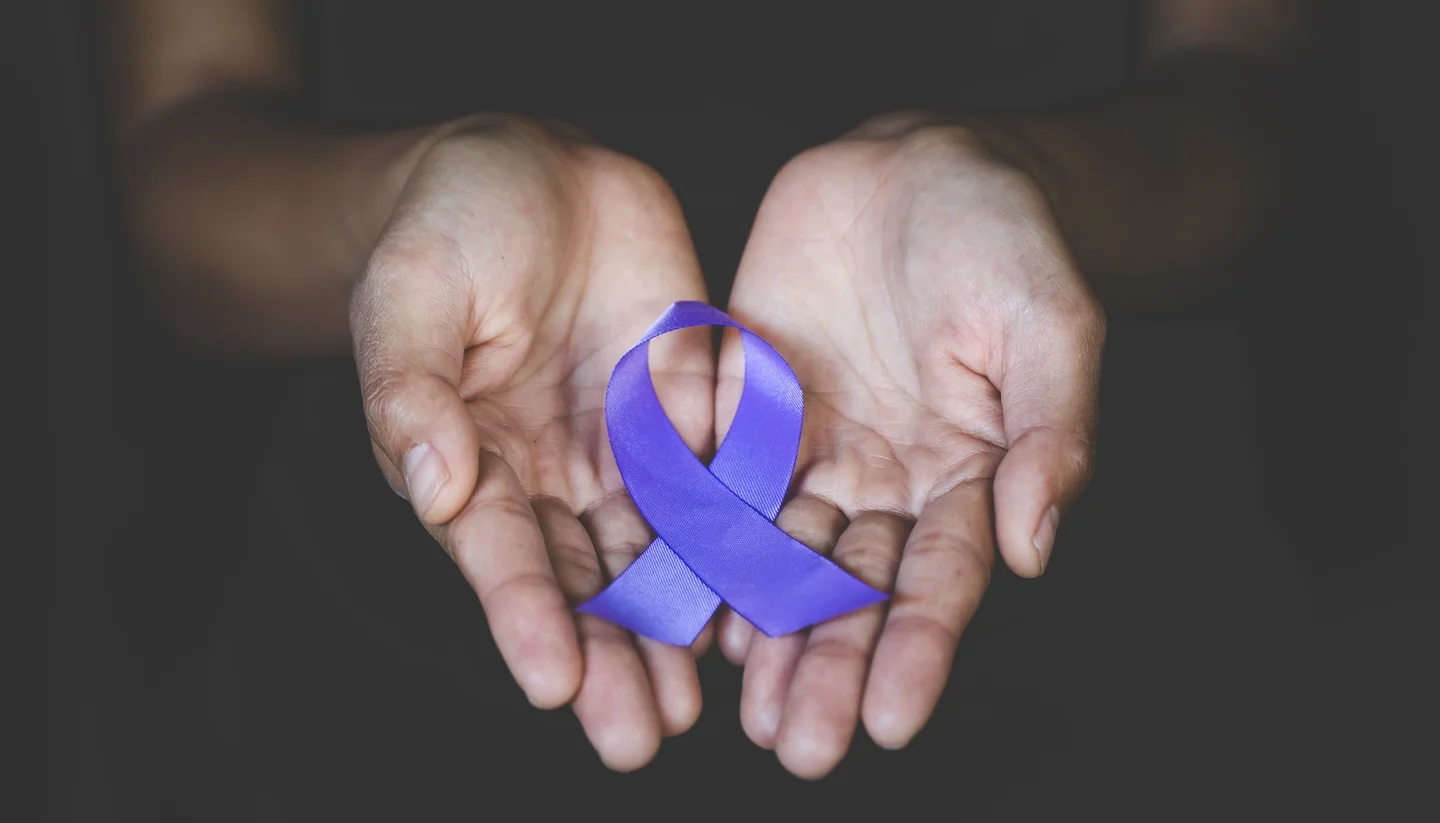We Are Open and Here to Help In Light of Hurricane Helene
While it is possible to find varying answers to this question, there is a general consensus that between 40% and 60% of people who complete a rehab program end up relapsing.
Even when looking at the low end of this statistic, there is still a surprisingly high percentage of people relapsing after leaving a drug or alcohol addiction treatment center or detoxification clinic.
For this reason, anyone who experiences a relapse during their recovery journey should know that they are not alone, and that a relapse is never a reason to give up on recovery.
Furthermore, there are ways to prevent and address relapse, through evidence-based treatments like cognitive behavioral therapy (CBT), medical detox, family therapy, aftercare, and more.
What Is the Addiction Recovery Relapse Rate?
Relapsing occurs when a person begins to use drugs or alcohol again after a long period of sobriety during which they were alcohol- and drug-free.
The addiction recovery relapse rate is the rate at which people who have been through a recovery program end up relapsing afterward.
Relapse is actually quite common and many people consider it a part of the recovery process. Yet a relapse can be quite harmful, so people should always try to reduce their risk of relapse.
Remember that addiction is considered a chronic disease for which there is no cure. Despite this fact, many people are able to achieve long-term sobriety.
Achieving long-term recovery, however, often requires hard work, dedication, and trying different recovery treatments and programs until the right one is found.
Who Is Affected by Addiction Relapse?
Addiction relapse can happen to anyone, and can be especially challenging for people who have struggled with substance use disorders in the past.
Sadly, relapse can trigger an abundance of negative emotions in people, especially feelings of shame, guilt, or hopelessness.
In turn, these negative emotions can lead to further substance abuse in order to cope, and people may find themselves in a cycle of sobriety and relapse until they find the right help.
An addiction relapse can also have a significant impact on the loved ones and family members of the person who is struggling.
For this reason, it is important to establish a good support system during recovery so people can ask for help when they feel they are starting to relapse.
Why Do People Relapse After Rehab?
Why someone relapses after rehab does not always have a simple answer, as there are usually multiple factors that can contribute.
Reasons that people relapse after rehab include:
- Post-acute withdrawal symptoms
- High levels of stress
- Depression or uncomfortable emotions
- Insomnia or sleep disturbances
- Boredom
- Unhealthy relationships or personal conflicts
- Exposure to people or places that trigger substance use
- Overconfidence in ability to stay sober
- Disappointment in reality versus the expected outcome
- Lack of a relapse plan or healthy coping skills
Factors That Impact Relapse After Rehab Rates
There are several risk factors that can make people more likely to relapse and which impact the relapse after rehab rates.
Education Level
Numerous studies have found that the higher a person’s education level, the less likely they are to relapse.
In fact, the worst relapse rates are in those with less than secondary education (53%), and the lowest relapse rates among those who are college-educated (35%).
Rural Living
People who live in rural areas are also less likely to relapse than people who live in urban areas, where substance use and overdose are also more common.
Despite having lower relapse rates, people in rural areas do face unique challenges in having less access to support and mental health resources.
People in rural areas also tend to have lower incomes and less education, which can both contribute to higher relapse rates.
Marital Status
People who are married are less likely to relapse than people who are single, according to multiple studies.
Furthermore, there is a direct correlation between a person’s family intimacy score and their likelihood to relapse, perhaps because of the built-in support system that a spouse and family provide while someone who is single may be more isolated.
Post-Acute Withdrawal Symptoms
Post-acute withdrawal symptoms (PAWS) are long-term withdrawal symptoms and cravings after a period of detox that can last up to two years.
The symptoms that come with post-acute withdrawal are usually less physical and more psychological and emotional, but can still be very difficult for some to manage.
Furthermore, this condition only affects people who are in withdrawal from certain substances, specifically alcohol or opioids.
It is estimated that up to 75% of people with alcohol use disorder experience this condition and up to 90% with an opioid use disorder.
With such a high prevalence of PAWS with certain disorders, it is clear that people overcoming an alcohol or opioid disorder can benefit from continued medication-assisted treatment (MAT) and therapy to see better results post treatment.
Legal Troubles or Criminal History
Studies have also shown a correlation between a person’s legal history or history of imprisonment and their increased likelihood to relapse.
People in these positions tend to have lower incomes and education levels, as well as an overall poorer quality of life, another quality that has been linked to a higher relapse rate.
Certain Mental Health Disorders
While it is possible for any type of untreated mental illness to lead to a relapse, there are also certain mental health disorders that are more likely to cause relapse than others.
This is the case for certain personality disorders, such as borderline personality disorder, antisocial personality disorder, and multiple personality disorder.
Relapse is also more likely with disorders that require lifelong care, such as bipolar disorder and schizophrenia.
What Does Relapse Look Like for People in Recovery?
Relapse can look different for everyone and also depends on the substance that a person is relapsing from.
Relapse can happen quickly but generally happens over time with people experiencing three stages of relapse: emotional relapse, mental relapse, and physical relapse.
It is helpful to know the signs if you have a friend or family member that you are concerned about.
Warning signs of relapse in a loved one include:
- Acting isolated or withdrawn
- Changes in sleeping or eating habits
- Acting irritable or aggressive
- Lying or behaving deceptively
- Neglecting personal hygiene or self-care
- Spending time with friends they used to use drugs or alcohol with
Tips for What to Do if You Relapse Post Rehab
It is so important to not give up or be too hard on yourself in the event of a relapse, though you will want to take measures to prevent another relapse in the future.
Take things as slowly as you need to, and try to learn as much as you can from every relapse experience.
Tips for relapsing post-rehab include:
- Be kind to yourself
- Consider what caused your relapse
- Consider re-entering treatment with a new treatment plan or at a new location
- Reach out to your support network
- Attend anonymous support groups or 12-step programs
- Come up with a new relapse prevention plan
Does Relapse Mean Rehab Failed?
Relapse should never be interpreted as a failure of rehab. Instead, relapse can be viewed as an experience that you can learn and grow from.
For many people, recovery is a lifelong journey and relapsing is a part of this process. It can also indicate that you need a different treatment plan or level of care in order to thrive and overcome your alcohol or drug use.
Find Addiction Treatment that Lends to Lasting Recovery at Otter House Wellness
Sometimes recovering from substance abuse once and for all only takes finding the right substance abuse treatment program and level of care.
At Otter House Wellness, we offer three levels of outpatient care to service patients with a variety of alcohol and drug addictions and severities of addiction, ensuring that everyone has access to long-term recovery.
In addition, our recovery services are always patient-focused and personalized to suit the individual needs of our guests.
Sources
National Institute on Drug Abuse (NIDA). “Treatment and Recovery.” Retrieved from: https://nida.nih.gov/publications/drugs-brains-behavior-science-addiction/treatment-recovery. Accessed on March 21, 2024.
National Library of Medicine. “Assessment of addiction management program and predictors of relapse among inpatients of the Psychiatric Institute at Ain Shams University Hospital.” Retrieved from: https://www.ncbi.nlm.nih.gov/pmc/articles/PMC9579533/. Accessed on March 21, 2024.
National Library of Medicine. “Relapse Prevention and the Five Rules of Recovery.” Retrieved from: https://www.ncbi.nlm.nih.gov/pmc/articles/PMC4553654/. Accessed on March 21, 2024.
Psychology Today. “Relapse.” Retrieved from: https://www.psychologytoday.com/us/basics/relapse. Accessed on March 21, 2024.
Recommended Blogs


5 Tips for Choosing a Recovery Center That Prioritizes Mental Health
When choosing a recovery center prioritizing mental health, consider its treatment priorities to address both...
Read More ↗
5 Ways to Recognize International Overdose Awareness Day 2024
Recognize International Overdose Awareness Day on August 31 by participating in various activities. Join social...
Read More ↗
5 Tips for Managing Summer Depression in Recovery
Summer depression, a form of seasonal affective disorder that affects about 5% of U.S. adults,...
Read More ↗
We Work With Most Insurance Companies
Insurance coverage will vary across plans, fill out our insurance verification form and we'll provide you with all the details.






